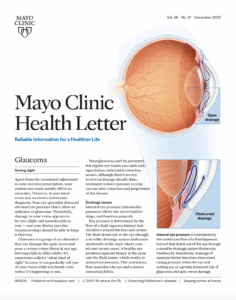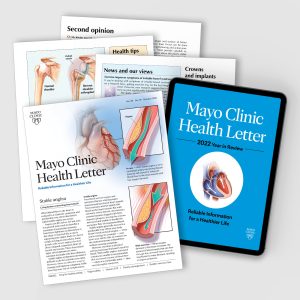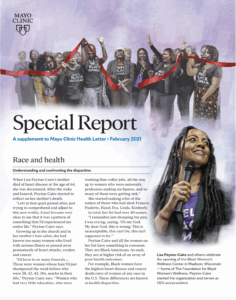An estimated 175 million Americans drink coffee every day — that’s nearly 3 in 4 people in the U.S. going on a morning coffee run, having an iced coffee as an afternoon pick-me-up or enjoying an espresso with dessert. For many people, coffee is more than just a habit or a way to start the day. Brewing coffee can be a comforting morning ritual, a reason to gather with friends and family, or even a hobby for those interested in different roasts and drink styles. Still, for as widespread as coffee drinking is, there’s some confusion around the beverage and its impact on health.
“One of the things that I and other healthcare professionals hear all the time during appointments is a patient saying, ‘Doc, I’m drinking too much coffee,’ ” says Donald D. Hensrud, M.D., M.S., medical editor of “The Mayo Clinic Diet.” “And I’ll say, ‘Why?’ People think coffee isn’t good for you and that’s really not the case.”
In fact, Dr. Hensrud says coffee has a number of significant health benefits — including reducing your risk of certain chronic conditions and cancers and even depression. However, there are a few important factors and side effects to keep in mind when determining the right amount of coffee for you.
Discover Health Letters
Get full access to reliable information for a healthier life:
- Insights from over 3,700 physicians
- Deep dives into serious & complex conditions
- Curated latest medical research






